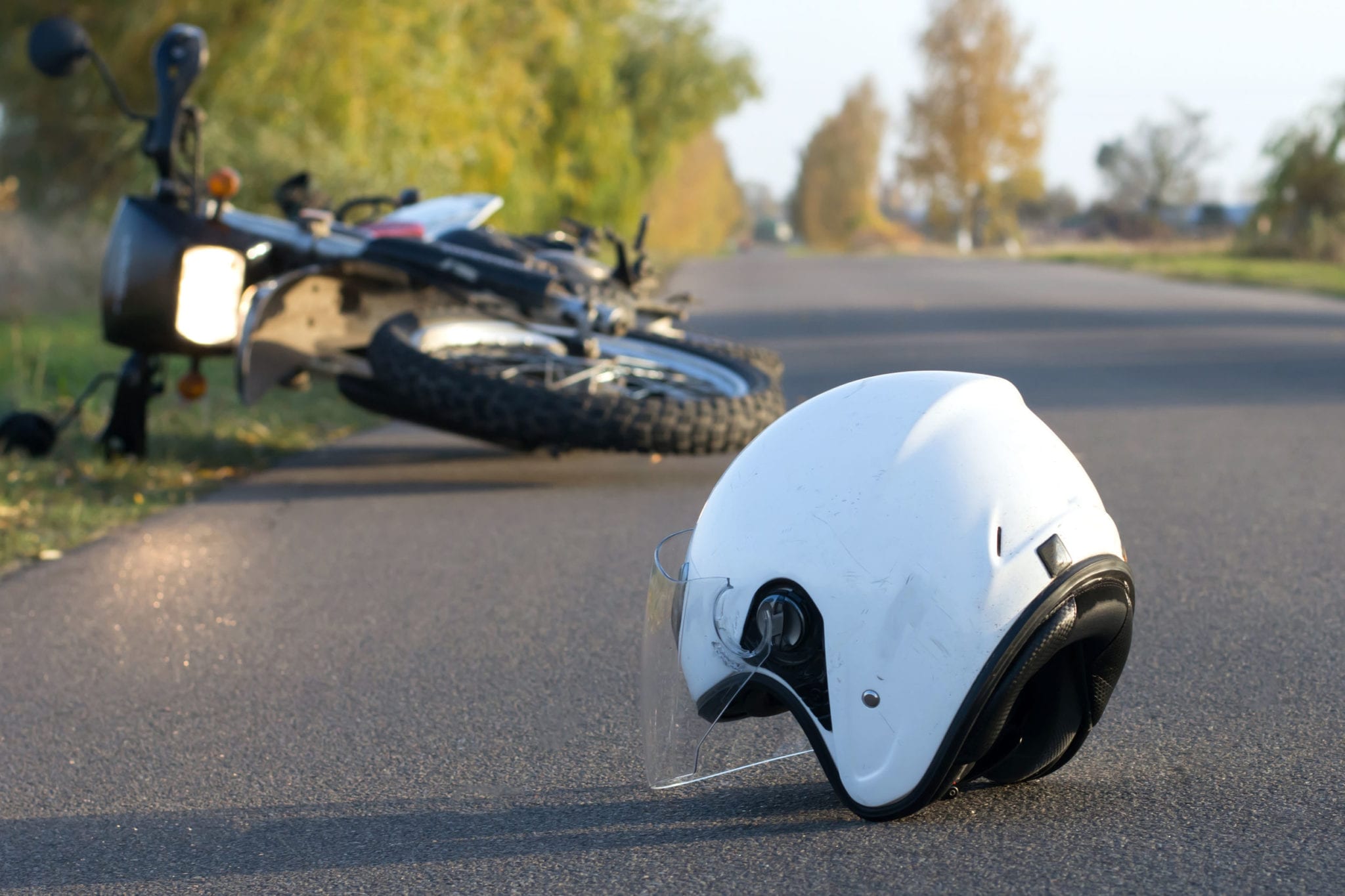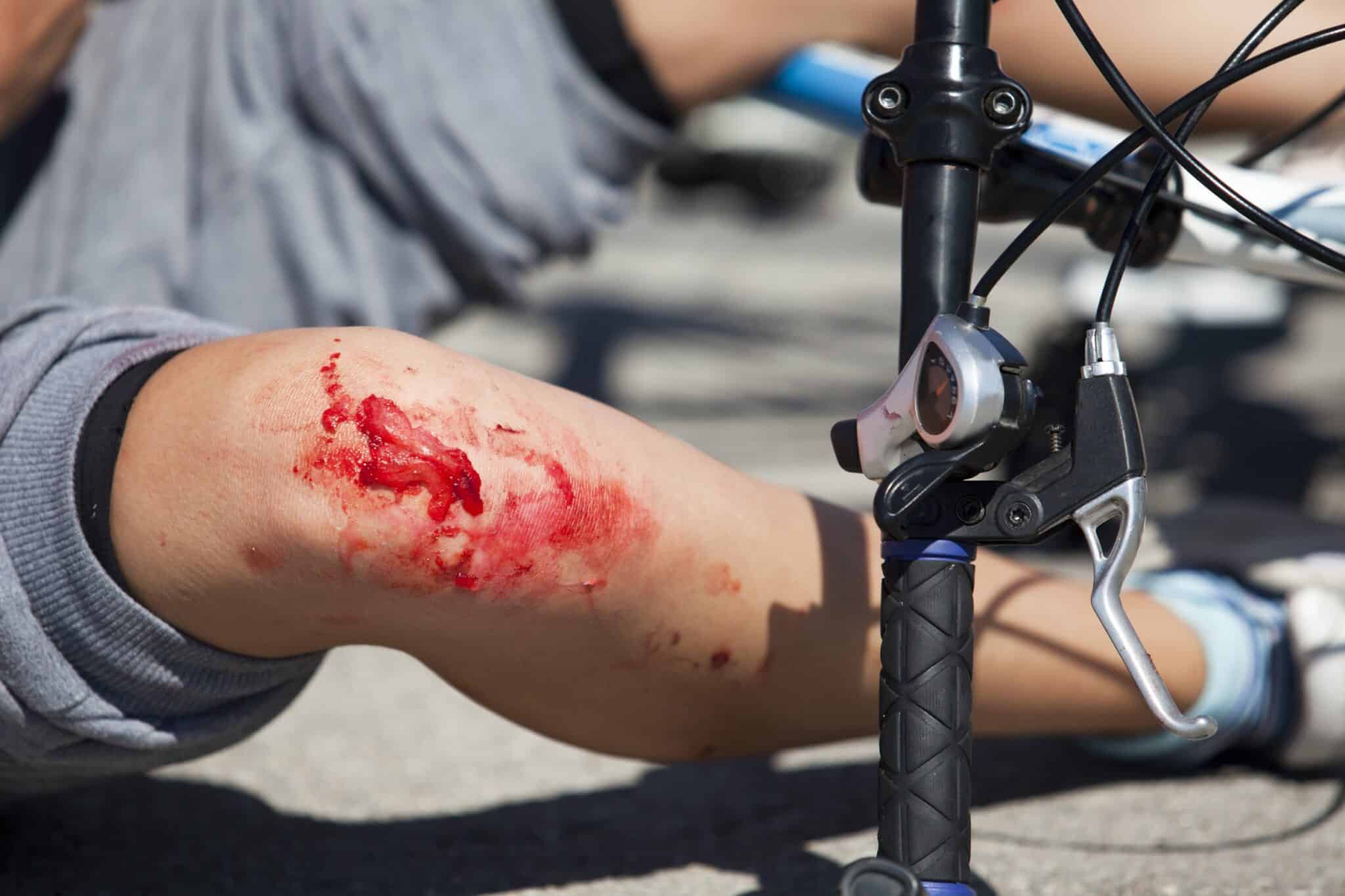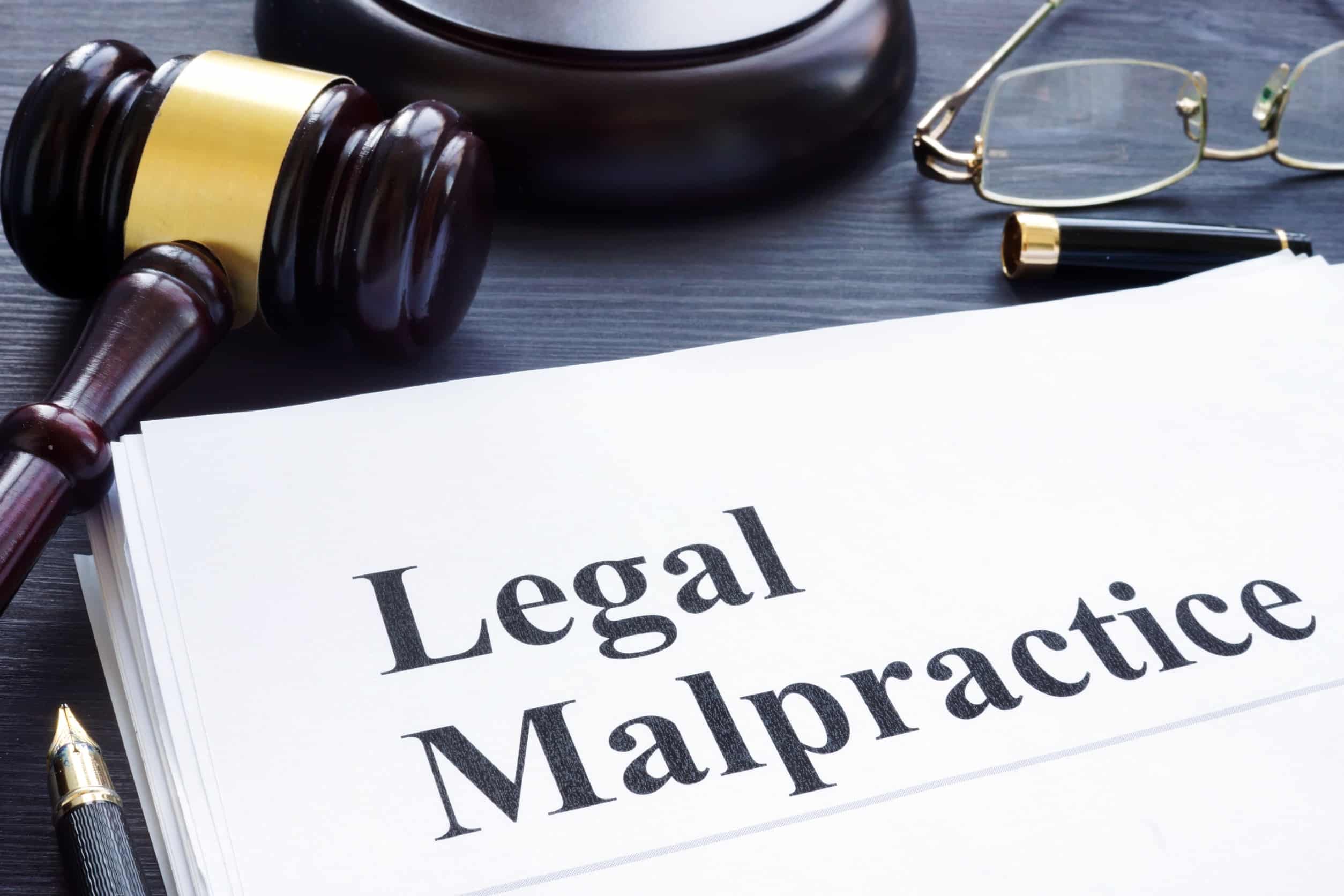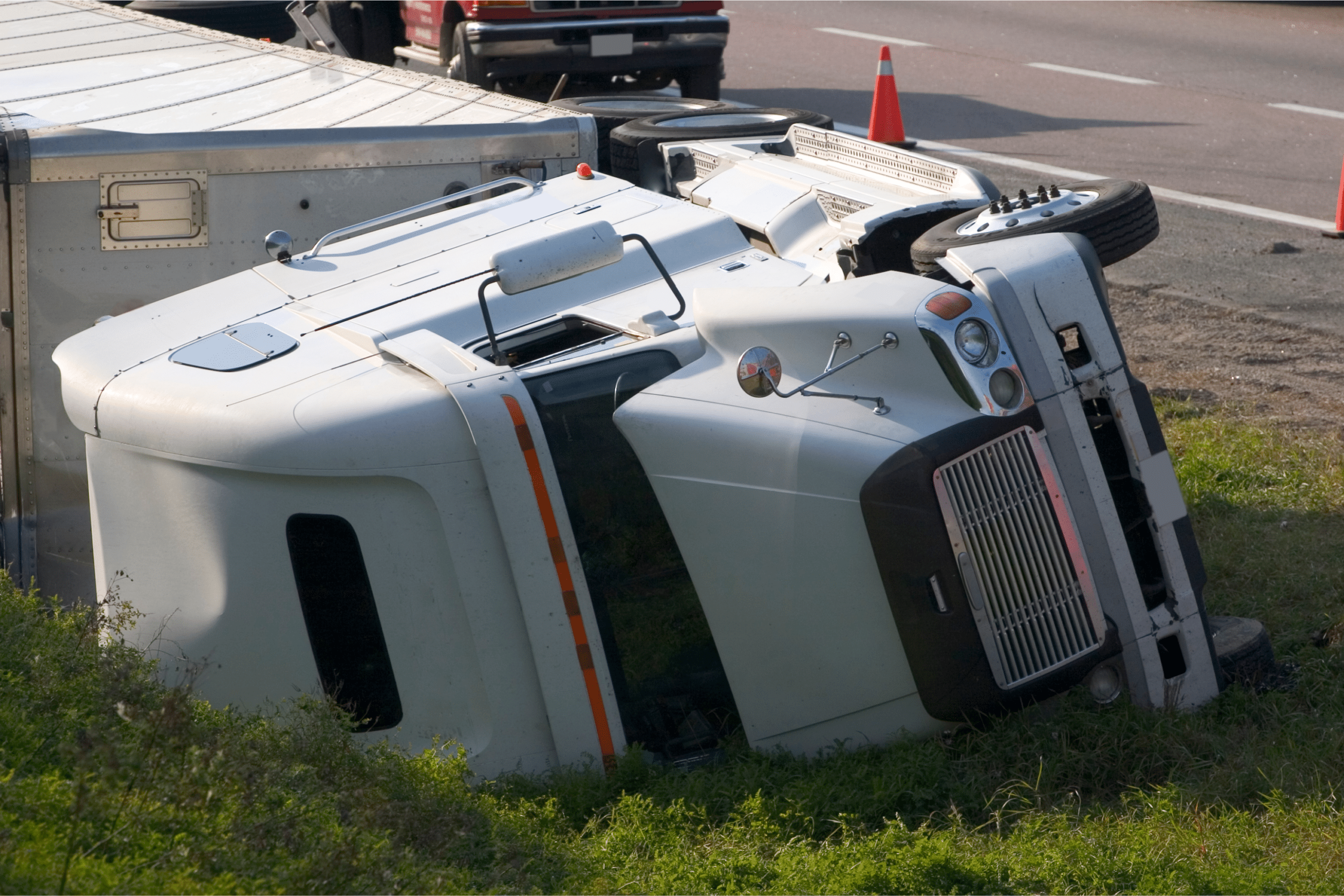Florida is a great place to own a motorcycle with its beautiful weather and nearly year-round sunshine. If you’re a Floridian with a motorcycle, though, you have obligations, and it’s important you know what the state of Florida expects.
Florida may be a great place to ride a motorcycle, but it’s also one of the most dangerous. According to the National Highway Traffic and Safety Administration, Florida is one of the most dangerous states to ride a motorcycle.
Understanding Florida motorcycle laws can help you should you ever be involved in an accident to get the settlement you’re entitled to. So saddle up as we explore everything you need to know about Florida’s motorcycle laws.
Florida’s Motorcycle Licensing Requirements
In Florida, you must meet a number of requirements before you can receive a motorcycle endorsement on your license. These requirements include:
- Age – You must be at least 16 to apply for a motorcycle license and if you’re under 18 you must have held a driver’s license for at least one year
- Valid license – To qualify for a Florida motorcycle license, you must have at least a Class E license already
- Testing – You must pass all road sign, road rule, and vision tests if you do not currently have a Florida driver’s license
- Safety – An approved motorcycle safety course must be completed in order to obtain a Florida motorcycle license and proof of completion of the course must be presented
Ensuring You Have the Necessary Biking Equipment According to Florida Law
Florida’s statute addressing motorcycle safety specifically outlines a number of necessary biking equipment you must have/wear before taking to Florida roadways. From head to toe, the law touches on the following:
- Helmets
- Headlights
- Protective gear
- Handlebars
- Seats
- Footrests
Let’s take a closer look at each of them…
Helmets
Another important aspect of Florida’s motorcycle law includes its helmet law. All motorcyclists are required to wear a helmet that meets the standards set forth by the Federal Motorcycle Vehicle Safety Standards. A helmet should always fit your head well and have no obvious defects such as frayed straps, loose padding, or cracks.
Headlights
Florida law requires motorcycle headlights to be turned on at all times. If you fail to have your headlights on during daylight hours, then it can be considered a moving violation as well as negligence on the part of the driver if an accident occurs.
Protective Gear
Motorcycle operators and anyone riding a motorcycle must wear protective eyewear approved by the Department of Highway Safety and Motor Vehicles. A windshield on the motorcycle is not considered a replacement for goggles or a face shield.
Handlebars
The handlebars on a motorcycle cannot be higher than the top of the shoulders of the driver. Handgrips or handlebars higher than this are considered a nonmoving violation.
Seats
Motorcycle operators can only ride on the regular and permanent seat attached to the motorcycle. The same is true for motorcycle passengers. Both the operator and passenger must also be facing forward with one leg on either side of the bike at all times.
Footrests
Motorcycles with passengers must have footrests for the passenger of the bike. If no footrests are on the bike, then this is considered a nonmoving violation.
Lane Splitting Is Illegal in Florida
Lane splitting is the practice by which a motorcyclist drives between two (or more) lanes of traffic that are slow-moving or stopped. This is a practice completely outlawed in Florida.

It’s important to make sure all motorcycle laws are followed. In the event of an accident, any violation of these laws can result in zero personal injury compensation for the motorcyclist — a situation you do not want to be faced with.
About the Author:
Andrew Winston is a partner at the personal injury law firm of Winston Law. For over 20 years, he has successfully represented countless people in all kinds of personal injury cases, with a particular focus on child injury, legal malpractice, and premises liability. He has been recognized for excellence in the representation of injured clients by admission to the Million Dollar Advocates Forum, is AV Preeminent Rated by the Martindale-Hubbell Law Directory, enjoys a 10.0 rating by AVVO as a Top Personal Injury Attorney, has been selected as a Florida “SuperLawyer” from 2011-2017 – an honor reserved for the top 5% of lawyers in the state – and was voted to Florida Trend’s ”Legal Elite” and as one of the Top 100 Lawyers in Florida and one of the Top 100 Lawyers in the Miami area for 2015, 2016, and 2017.
 Does a Product Recall Mean I Can’t File a Florida Child Injury Claim?
Does a Product Recall Mean I Can’t File a Florida Child Injury Claim? 
















